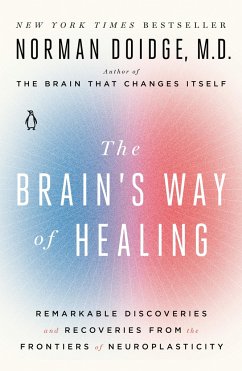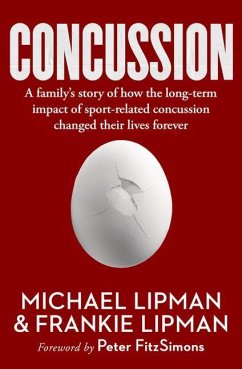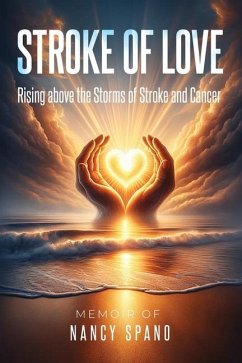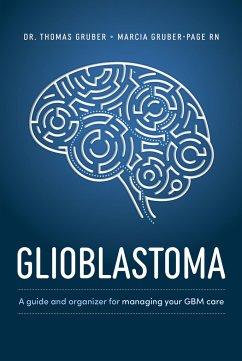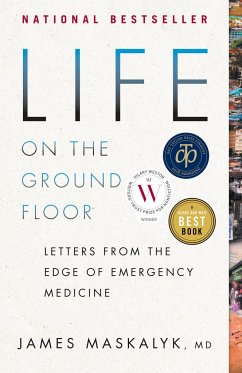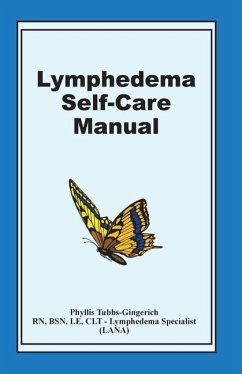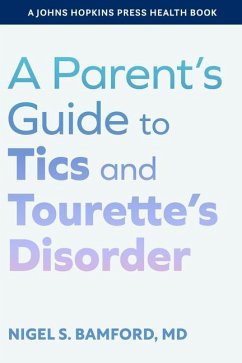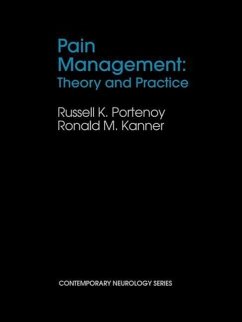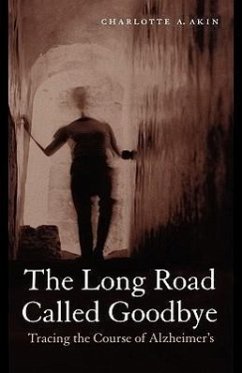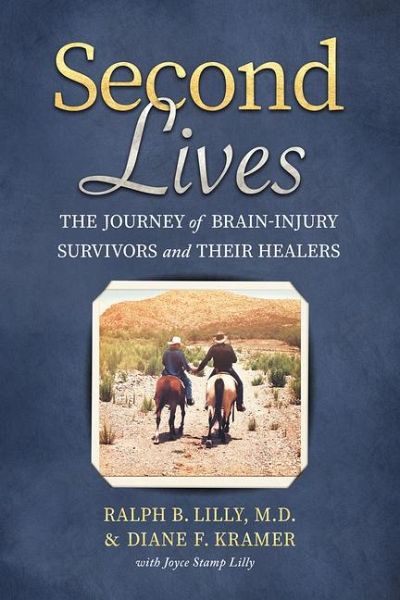
Second Lives
The Journey of Brain-Injury Survivors and Their Healers

PAYBACK Punkte
8 °P sammeln!
A neurologist grapples with the aftermath of his traumatic brain injury, forever changing how he treats patients and their families, in this moving examination of recovery and healing. Ralph Lilly was a forty-four-year-old practicing neurologist sitting on his when a drunk driver rear-ended him on his motorcycle in 1980. In the ICU, after regaining consciousness and being told what happened, he asked, “What’s a hospital? What’s a motorcycle?” His accident and subsequent struggle toward recovery transformed his life and his approach to his neurology practice: doctors treat those with br...
A neurologist grapples with the aftermath of his traumatic brain injury, forever changing how he treats patients and their families, in this moving examination of recovery and healing. Ralph Lilly was a forty-four-year-old practicing neurologist sitting on his when a drunk driver rear-ended him on his motorcycle in 1980. In the ICU, after regaining consciousness and being told what happened, he asked, “What’s a hospital? What’s a motorcycle?” His accident and subsequent struggle toward recovery transformed his life and his approach to his neurology practice: doctors treat those with brain injury, but loved ones heal them. After his recovery, Lilly retrained in the emerging field of behavioral neurology, focusing on behavior, memory, cognition, and emotion after brain injury. His pioneering career spanned forty years from Brown University’s Butler Psychiatric Hospital in Rhode Island to Nexus Health System and private practice in Houston, Texas. He treated ER and hospital inpatients and became a sought-after resource and expert. Completed after he died in 2021 by Diane F. Kramer with assistance from Lilly's wife, Joyce Stamp Lilly, Second Lives is a memoir full of heart as much as science. It's an invaluable resource for the family and loved ones of patients with brain injury, as well as those who treat them.



